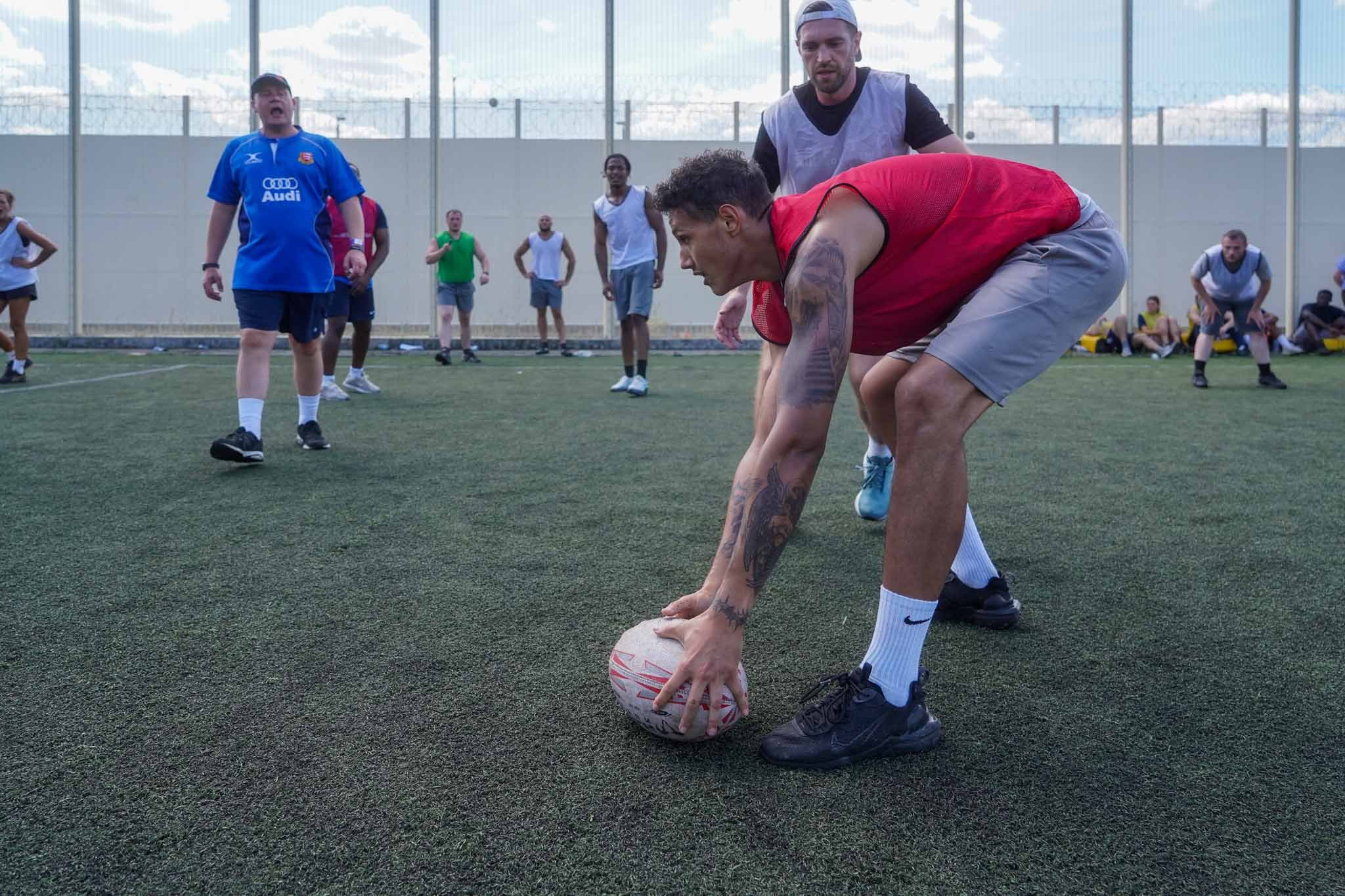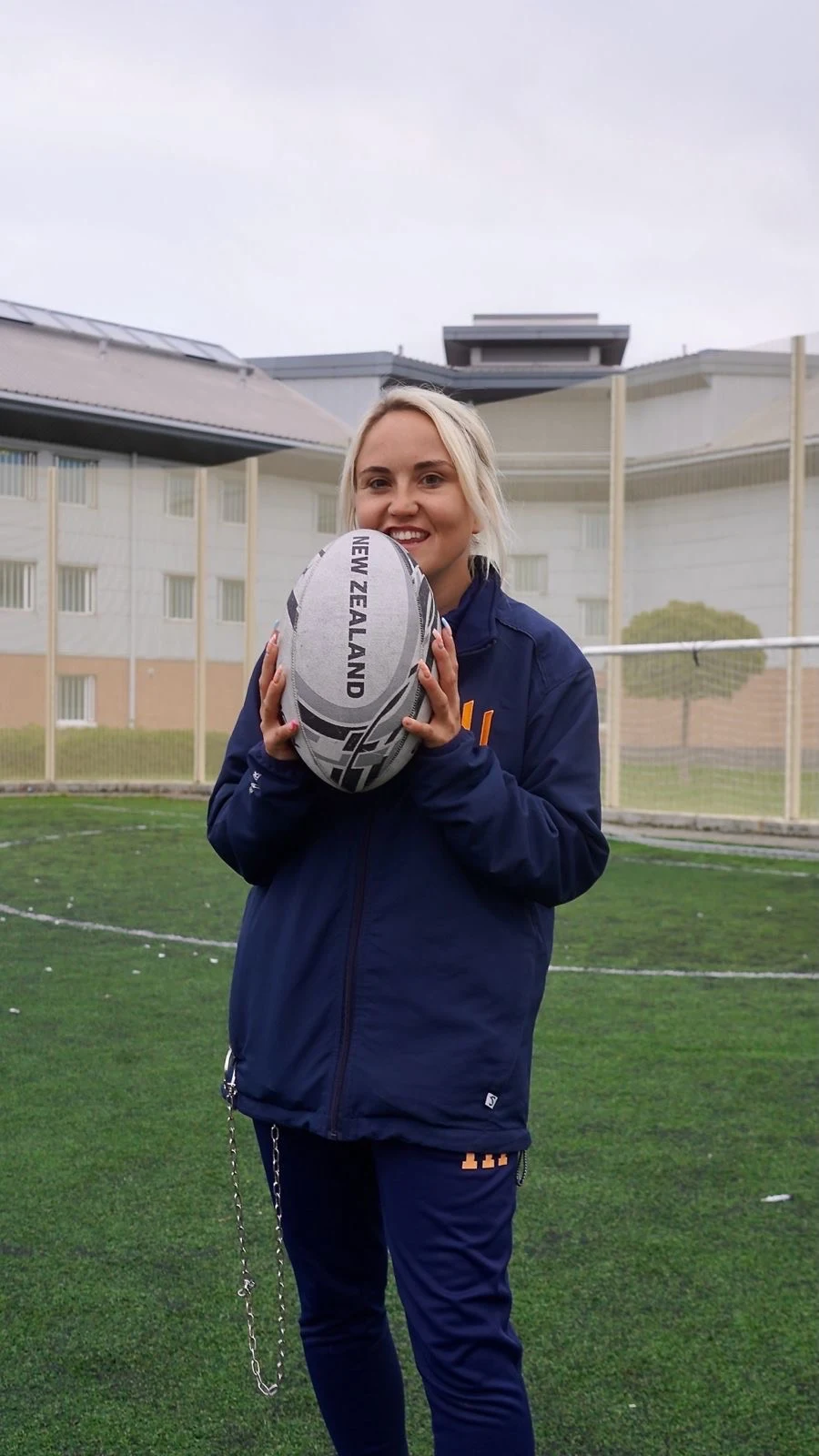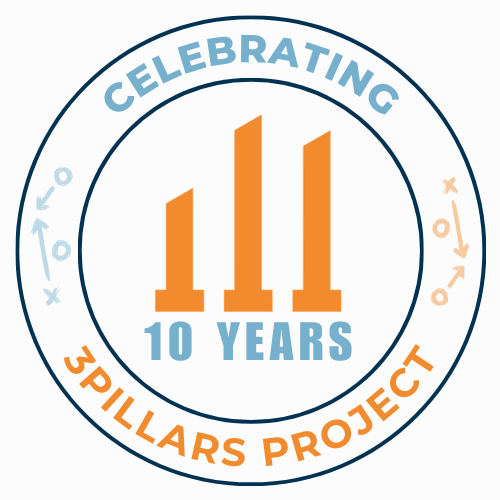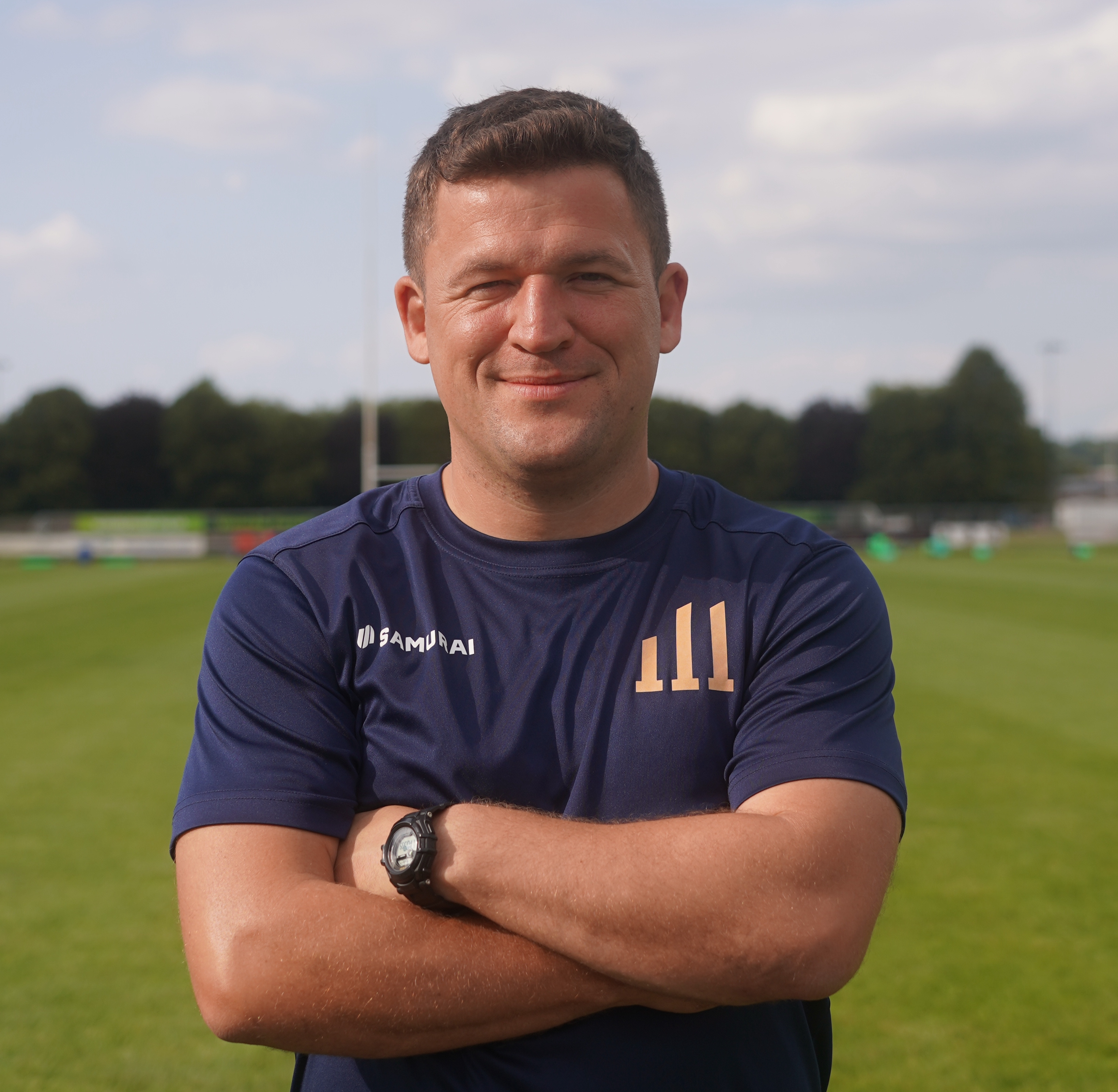Yesterday I had the privilege of attending the “Race in Prisons: Learning from the Past, Shaping the Future” conference, hosted by the Zahid Mubarek Trust. The goal was clear and urgent: to end the blight of racism both inside and outside prisons. Despite progress, racial inequality remains deeply rooted, and this event sought to make race equality central to safety, rehabilitation, and reducing reoffending.
The conference aimed to honour Zahid Mubarek’s legacy, highlight current challenges and opportunities, and create space for genuine collaboration across the criminal justice and voluntary sectors. The discussions throughout the day underscored that racial equality is not a side issue, but a vital component of a safe, fair and effective prison system. BAME prisoners remain disproportionately affected by violence and use of force, and often face the poorest employment and accommodation opportunities on release. Against this backdrop, there are growing concerns around the proposed “earned early releases,” which will be discretionary. How will fairness be safeguarded in making these calls?
The day began with a welcome from Baroness D’Souza, followed by an incredibly moving performance titled Injustice, written and performed by people with lived experience of the prison system. The piece shone a light on the institutional failings that led to Zahid Mubarek’s death, and on how the predominantly white workforce at the time compounded divisions and grievances, which to this day continues to prevent prisons from fulfilling their rehabilitative aims.
We then heard from Imtiaz Amin, Zahid’s uncle and Co-Director of the ZMT, who spoke powerfully about the legacy he hopes to see: one built on accountability, renewed momentum and the pursuit of fairness across the entire system.
Next came a panel discussion on race equality in prisons, chaired by Simon Israel, former Senior Home Affairs Correspondent. He opened with an uncomfortable truth — that in today’s climate, racist language and attitudes are often tolerated or accepted. The panel reflected on prisons as microcosms of society, stressing that meaningful progress depends on society’s broader willingness to confront racism. A key takeaway was that fear of “saying the wrong thing” too often leads to silence, which allows prejudice and problems to persist. Leadership visibility is crucial in this: staff are far more likely to call out racism when they see senior figures doing so. But as several panellists noted, progress needs to go further than this. It cannot just be about recruitment or meeting KPIs. It must include equal access to promotion and genuine accountability in order to move the dial. As one panellist put it, “You get the Criminal Justice System you’re prepared to pay for.” Investment in training and people is essential if we want a fairer one.
While DIRFs (Discrimination Incident Reporting Forms) can be powerful tools, their outcomes remain discouragingly low. This highlights that legislative tightening is needed. The panel also highlighted historic milestones — David Lammy, now the first Black Lord Chancellor and Secretary of State for Justice in over 1,400 years, and Jenny Louis, the first
Black female prison governor in 200 years. Both achievements are remarkable, but they shouldn’t be anomalies.
In the afternoon, I joined a workshop on “Holding the Line: Challenges of Working in Prisons.” This session recognised the vital role of voluntary and specialist organisations in supporting ethnic minorities, yet how these groups often operate on the periphery, under-resourced and overshadowed by larger, more established charities. The message was clear: smaller, culturally competent organisations need to be empowered and amplified, not marginalised. Too often, they are asked to deliver more while being given less, and their voices risk being drowned out. How can these organisations continue to “hold the line” when the very systems designed to support them so often fall short?
We heard from Sofia Buncy of Muslim Women in Prison (founded 2013), who spoke about the persistent mistrust and caution towards external partners that still hinders genuine collaboration. She also recognised that culturally competent organisations foster trust within communities, both in and beyond the prisons.
We also heard from the amazing Lei Bartley, the founder of Beyond Barz, who outlined that “lived experience is a qualification and not just a case study”. She explained how often those with lived experience are invited to speak at events but are denied vetting. “This is not inclusion, but extraction.” “This is not progress, but a barrier. “ The Criminal Justice System needs to decide whether it is just “tokenising their pain or funding their power.” The key takeaway was that HMPPS should stop vetting their voices and fund their solutions.
One of the most inspiring moments of the day came with the launch of the Manifesto for Racial Equality in Prisons, delivered by Khatuna Tsintadze, Co-Director of the ZMT. Her message was unequivocal: passion cannot remain on paper. Fairness is not optional; it is the driving force of rehabilitation. Real change demands action that is evidence-led, collaborative, and sustained. I was honoured to have joined the movement and cannot wait to see what we can achieve together.
Leaving the conference, I felt both humbled and energised. It reaffirmed how imperative racial equality is — not just as policy, but as a moral and human necessity. This issue is deeply personal to me, because fairness and dignity should never depend on background or circumstance.
The Zahid Mubarek Trust has shown that remembrance can be a catalyst for reform. Yesterday was more than an event — it was a call to action. Change will take courage, persistence, and unity, but after hearing the voices in that room, I am more hopeful than ever that we can shape a fairer future for everyone.
Thank you to the ZMT team, the speakers, and everyone who continues this vital work. Let’s move beyond conversations and turn conviction into change.
Related posts
Explore our latest blog posts and updates.
Join Us in Making a Difference
Help us spread the word and support our mission to empower young lives through sports.

FAQs
Here are some common questions about our programmes and how you can get involved.
Sports mentoring involves using sports as a tool to guide and support young individuals. Through structured activities, mentors help participants develop essential life skills. This approach fosters personal growth and encourages positive behaviour changes.
To volunteer, simply visit our 'Get Involved' page and fill out the application form. We welcome individuals who are passionate about making a difference in young people's lives. Training and support will be provided to all volunteers.
We collaborate with prisons, schools, and community organisations to maximise our impact. These partnerships enable us to reach more young people in need. Together, we create a supportive network that fosters growth and opportunity.
Our programmes have significantly reduced reoffending rates among participants. We have numerous success stories showcasing personal transformations and improved wellbeing. By partnering with local organisations, we create sustainable pathways for education and employment.
Donating is easy! Visit our 'Donate' page to choose your preferred method of giving. Every contribution, no matter the size, helps us continue our vital work.
Still have questions?
We're here to help you!






-2.avif)
